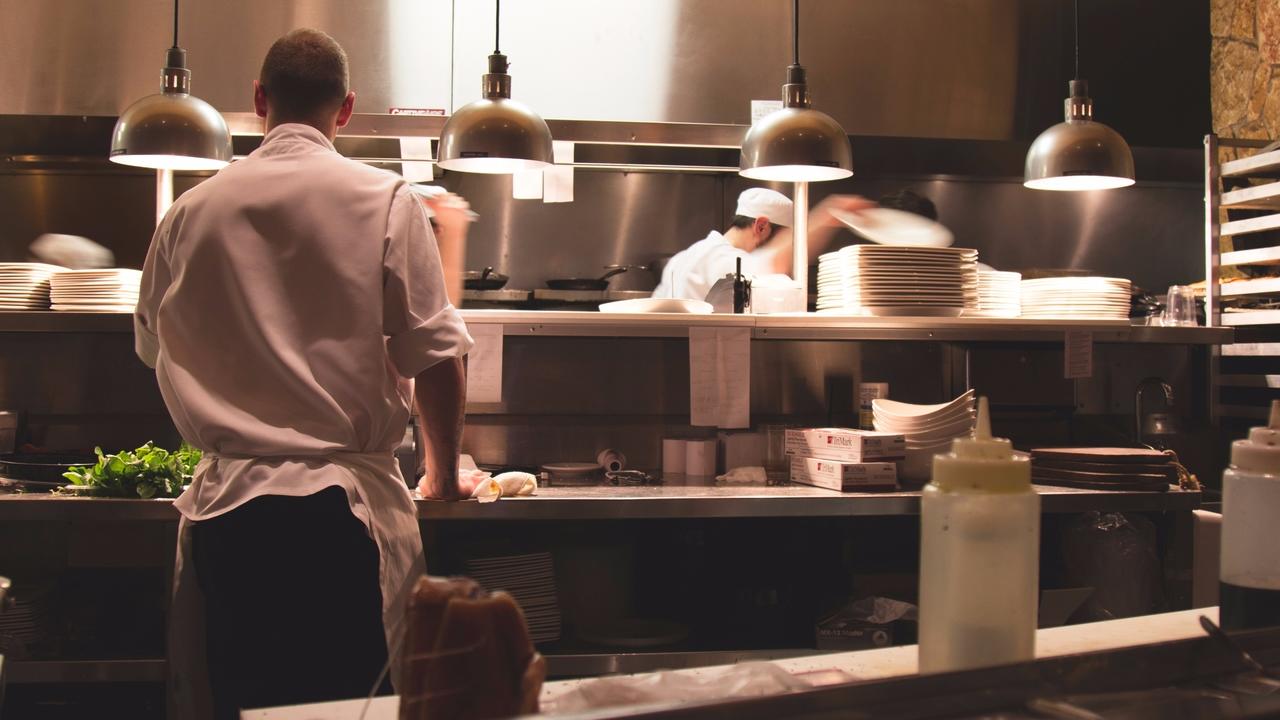Launch Your Food Business at the Farmers Market

If you’re a food lover, farmers markets are a great place for you to begin monetizing your passion. Market vendors operate at a small scale, so you can take the time to get your feet wet. You won't need to have much of a staff or a marketing budget, nor will you need access to a commercial kitchen. And as farmers markets are local and community oriented, visitors tend to be regulars who are open to trying new foods and checking out the new vendors. When they find something they like, they’re likely to become repeat customers who will spread the word among their friends.
Where to start? The first thing to do is to choose at least one food item you want to sell. Whether you’re baking cookies based on your grandmother’s recipes or simmering a batch of your father’s famous BBQ sauce, you will be more likely to succeed if your venture is fueled by passion. But a successful food business requires more than a love of great food. One aspect new food entrepreneurs often overlook is the legal...
Top Things to Consider When Starting a Food Business

Starting any business is hard, but a food business comes with some unique challenges. The type of business will determine which laws and regulations apply, but regardless you will be subject to several layers of bureaucracy and various laws and regulations.
It is important to understand that the food industry is exposed to potential liabilities that don’t affect other industries, so conducting an assessment is a crucial part of your planning process.
Here are the most important things you should consider when launching a food business.
1. Identify Licensing and Permitting Needs
Not all businesses will need a license or permit to operate legally, but this will depend on the type of business you’re operating. Operating without a license or permit required by law can result in fines, penalties or even prosecution. Some businesses will require federal, state and local licenses to operate legally, while others may only need a state or local license. Identifying your licensing and per...

